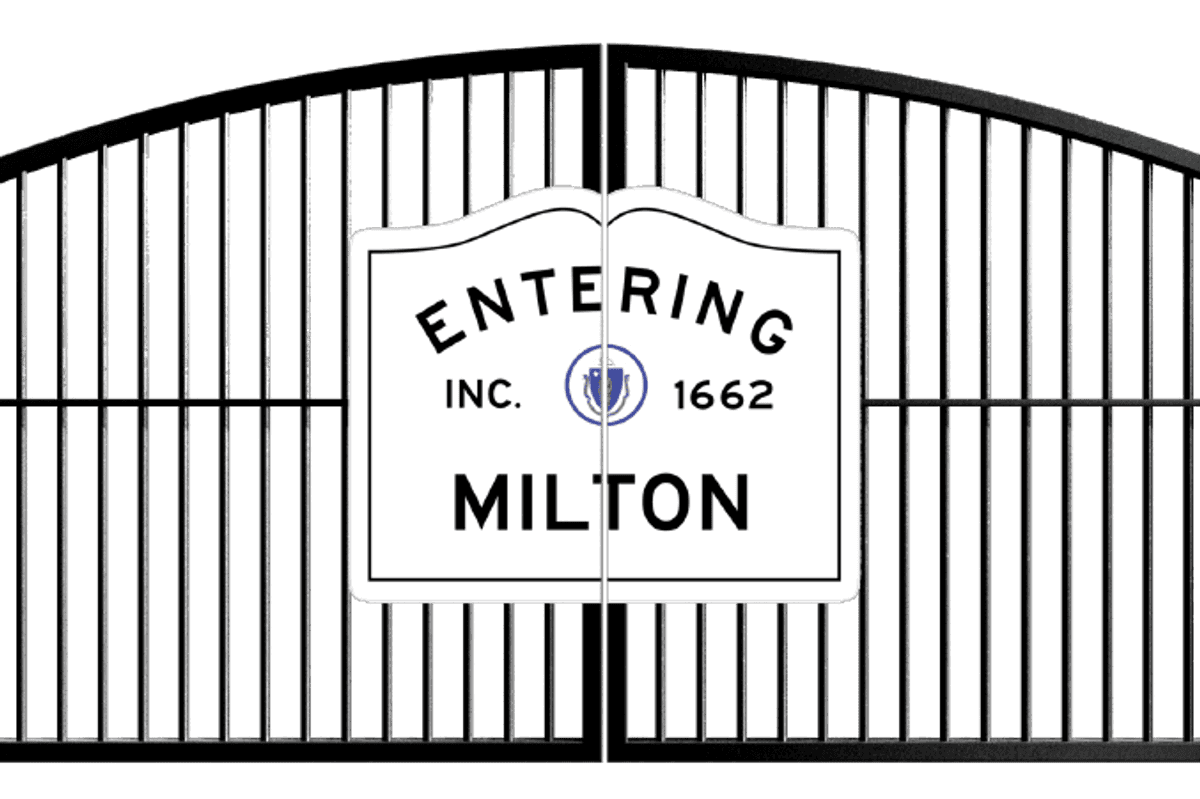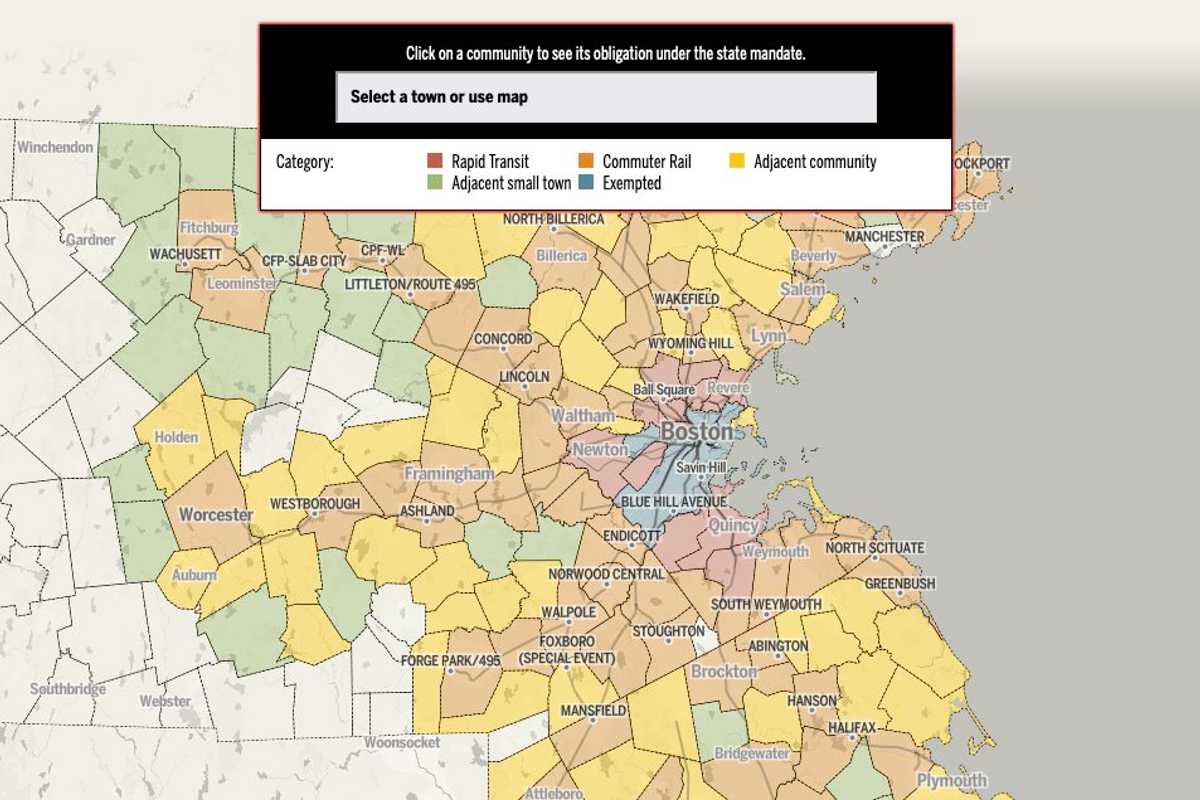Justbuildit
Active Member
- Joined
- Nov 27, 2022
- Messages
- 854
- Reaction score
- 2,941
First part just dropped. Haven't read through it yet but it looks like the first victim under the, well, spotlight, will be...Milton. Boil it in a spoon, tie me off, and inject this shit straight into my veins.

 apps.bostonglobe.com
apps.bostonglobe.com
One fact became obvious in the course of this review: The sense of urgency here does not match this brewing crisis. Not even close.
One reason may be that swelling property values don’t feel like a crisis for those who bought into the market years or decades ago, they feel like a windfall. This region, Milton included, is awash in paper millionaires.
But standing pat will suffocate hope — the hope of many now trying to enter this mad housing market, from empty-nesters hoping to downsize in the town they know, to newcomers seeking to buy a first home as careers and prosperity grow.
They are the new neighbors, so to say, that Milton, and other desirable suburbs, may never know.
How did it come to this? And what can be done?

Milton home prices: A Boston Globe Spotlight Team report on the housing crisis
In recent decades, suburban towns have doubled down on the status quo, or made zoning even more restrictive, all but guaranteeing that single-family home prices will remain shockingly high.
One fact became obvious in the course of this review: The sense of urgency here does not match this brewing crisis. Not even close.
One reason may be that swelling property values don’t feel like a crisis for those who bought into the market years or decades ago, they feel like a windfall. This region, Milton included, is awash in paper millionaires.
But standing pat will suffocate hope — the hope of many now trying to enter this mad housing market, from empty-nesters hoping to downsize in the town they know, to newcomers seeking to buy a first home as careers and prosperity grow.
They are the new neighbors, so to say, that Milton, and other desirable suburbs, may never know.
How did it come to this? And what can be done?
Last edited:

